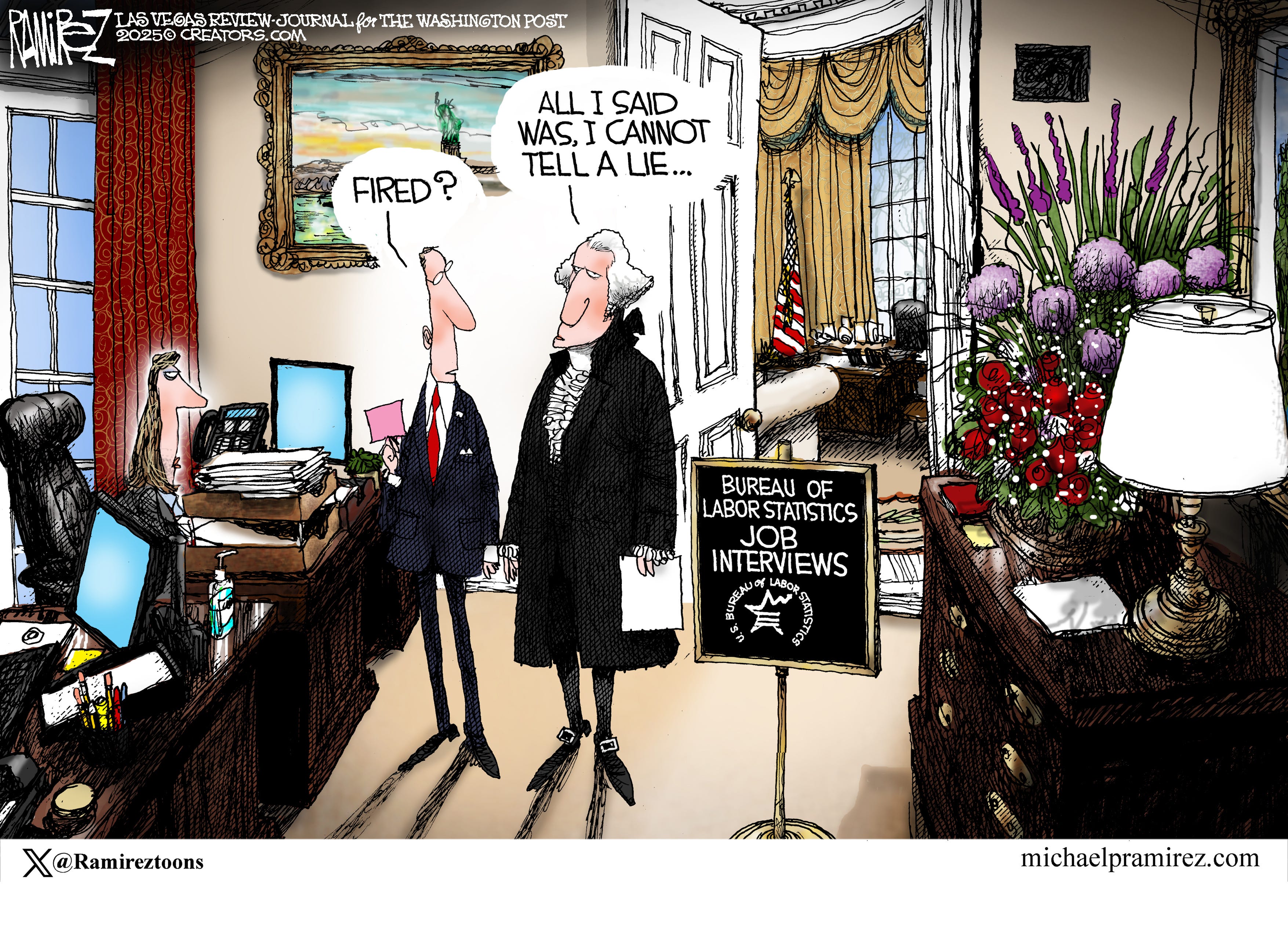My lame headline joke explained here.
Also of note:
-
What are they worried about? I can't help but notice that the most strident attacks on school choice programs seem to come from people employed in the government school system. (I've given particular attention to local educrat John Shea over the past year: here here, and here.)
At the Josiah Bartlett Center, Drew Cline helpfully points out: Competition in education is an opportunity, not a crisis.
There’s been a bit of a media freakout this week about the growing popularity of school choice programs nationwide.
The Children’s Scholarship Fund-NH confirmed this week that the Education Freedom Account program hit its 2025-26 enrollment cap of 10,000 students in early August.
“Record number of students matched with their preferred form of education,” headlines could have read. Instead, the tone of coverage was mostly one of alarm and concern.
Then The New York Times published a fascinating story Aug. 5 on public school districts’ (predicted) response to the growing popularity of school choice.
“Public schools try to sell themselves as more students use vouchers,” announced the headline.
In any other industry dominated by a single provider, the introduction of competition would be treated with cheer. In education, it’s treated as a crisis.
For another example of the "freakout" generated by the threat of competition, this NHJournal article from May is pretty good: NH House Dem: EFAs Are Plot to 'Recruit' Libertarian Families, 'Destroy' New Hampshire. Eek!
-
I'm pretty relaxed about it too. Over on the Geekery blog, I waxed semi-ecstatically about how the AI Claude wrote a Google Chrome extension to replace a broken piece of my blog infrastructure.
Just recently, I requested ChatGPT's advice on learning General Relativity. Its response was detailed and helpful, suggesting a six-month course of study with recommended textbooks. (As a side effect, I also learned that physics textbooks are super expensive!)
So I'm primed to agree with philosopher Michael Huemer's recent paper, titled "I, for one, welcome our robot overlords".
(Man, that Simpsons quote has really lasted, hasn't it?)
Michael's opening paragraph:
Will artificial intelligence spell the end of humanity? Some experts believe so. Billionaire entrepreneur Elon Musk advises us that “we should be very careful about artificial intelligence. If I had to guess at what our biggest existential threat is, it’s probably that.” Physicist Stephen Hawking warns, “The development of full artificial intelligence could spell the end of the human race.” AI safety researcher Eliezer Yudkowsky writes, “the most likely result of building a superhumanly smart AI, under anything remotely like the current circumstances, is that literally everyone on Earth will die,” and “we have a shred of a chance that humanity survives.” Some worry that, even if AI does not kill everyone, it may nevertheless do something to permanently curtail human potential, such as enslaving all humans.
Well, that's something to worry about.
-
Moondoggle. I recently read Challenger, Andrew Higgenbotham's book about the disastrous NASA decision in early 1986 that destroyed a spaceship and killed seven astronauts. (Not to be confused with the disastrous decisions killing three astronauts in 1967, nor with the ones killing seven more astronauts in 2003.) It had me thinking Deep Thoughts about the rationale of US space policy.
Well, actually a pretty shallow thought, specifically: Why are we doing this?
The primary motive, shorn of sentiment, seems to be keeping taxpayer money flowing to NASA and its favored contractors. This requires at least some feeble justifications. A recent example of that in an April press release from Senator Ted Cruz, pushing for the Artemis/SLS boondoggle: The Next Space Race is Already Here.
The Artemis missions and the entire Moon-to-Mars program, which have enjoyed consistent bipartisan support, serve as the stepping stone to landing American astronauts on Mars. In fact, this stepping stone approach is the law as enacted by Congress. We must stay the course. An extreme shift in priorities at this stage would almost certainly mean a Red Moon—ceding ground to China for generations to come. I am hard pressed to think of a more catastrophic mistake we could make in space than saying to Communist China, ‘The moon is yours. America will not lead.’
I'm old enough to remember the last moon race, against the USSR.
We won.
And after we won, we… never went back.
And NASA found different ways to spend taxpayer money.
-
Just a note. Thomas Sowell seems to have a website: tsfreemind.com.
The purpose of this website is to enable people who want to think for themselves to readily find many sources of information and analysis on many subjects— whether in the form of brief commentaries or hour-long interviews of knowledgeable people in electronic media. Written material is also available, ranging in size from essays to books written for either a general audience or for others seeking scholarly studies in great depth.
It's worth checking out.

![[The Blogger]](/ps/images/barred.jpg)



